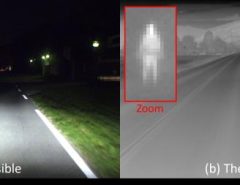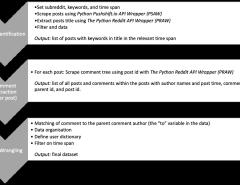Authors: Zengjie Zhang, Zhiyong Sun, Sofie Haesaer
Published on: April 13, 2024
Impact Score: 7.8
Arxiv code: Arxiv:2404.09037
Summary
- What is new: A novel approach to control autonomous vehicles by considering the intentions of other vehicles they interact with, using discrete-valued random variables.
- Why this is important: Managing autonomous vehicles’ interactions with other vehicles whose intentions are unknown, while ensuring safety.
- What the research proposes: A correct-by-design controller that leverages stochastic expansion and shrinking-horizon model predictive control to adjust an autonomous vehicle’s behavior based on the intentions of other vehicles.
- Results: The method significantly limits risk probabilities, demonstrating its effectiveness in ensuring safety in autonomous driving scenarios.
Technical Details
Technological frameworks used: Shrinking-horizon model predictive control
Models used: Stochastic control models
Data used: Discrete-valued random variables for opponent intentions
Potential Impact
Autonomous vehicle manufacturers, automated traffic management systems, mobility services
Want to implement this idea in a business?
We have generated a startup concept here: IntelliDrive.



Leave a Reply